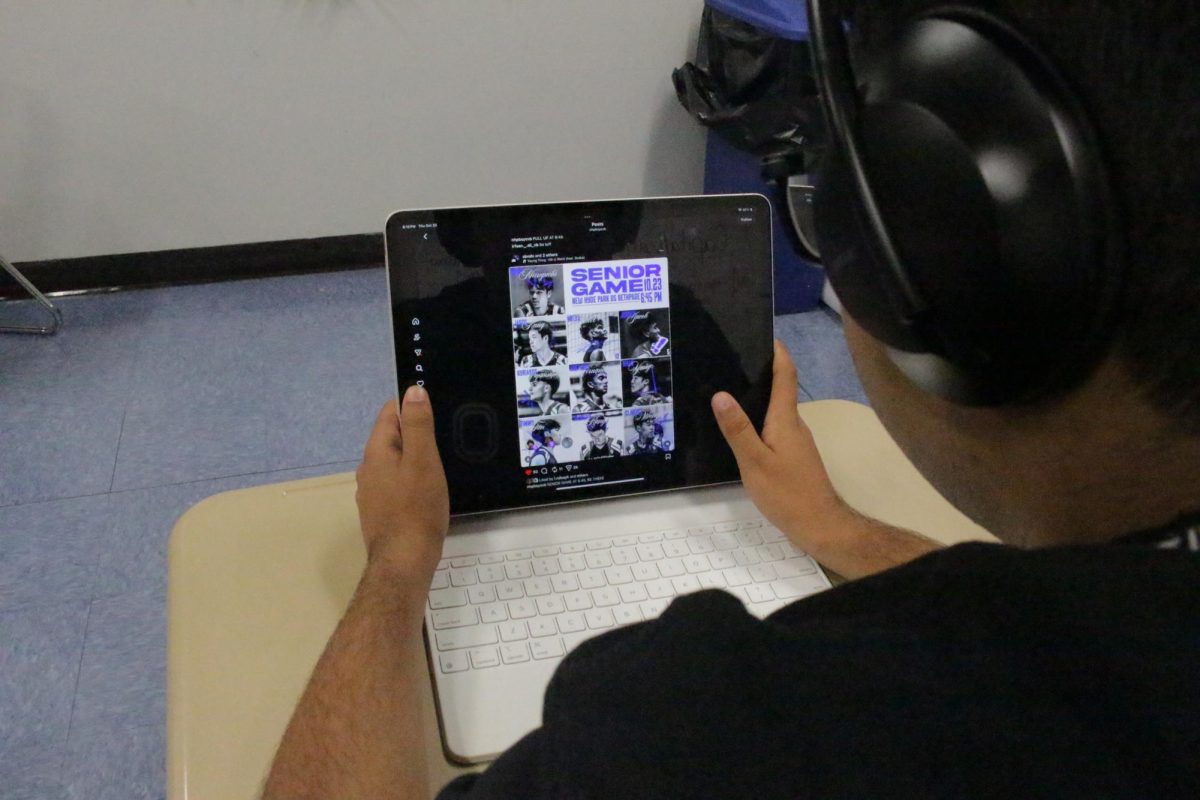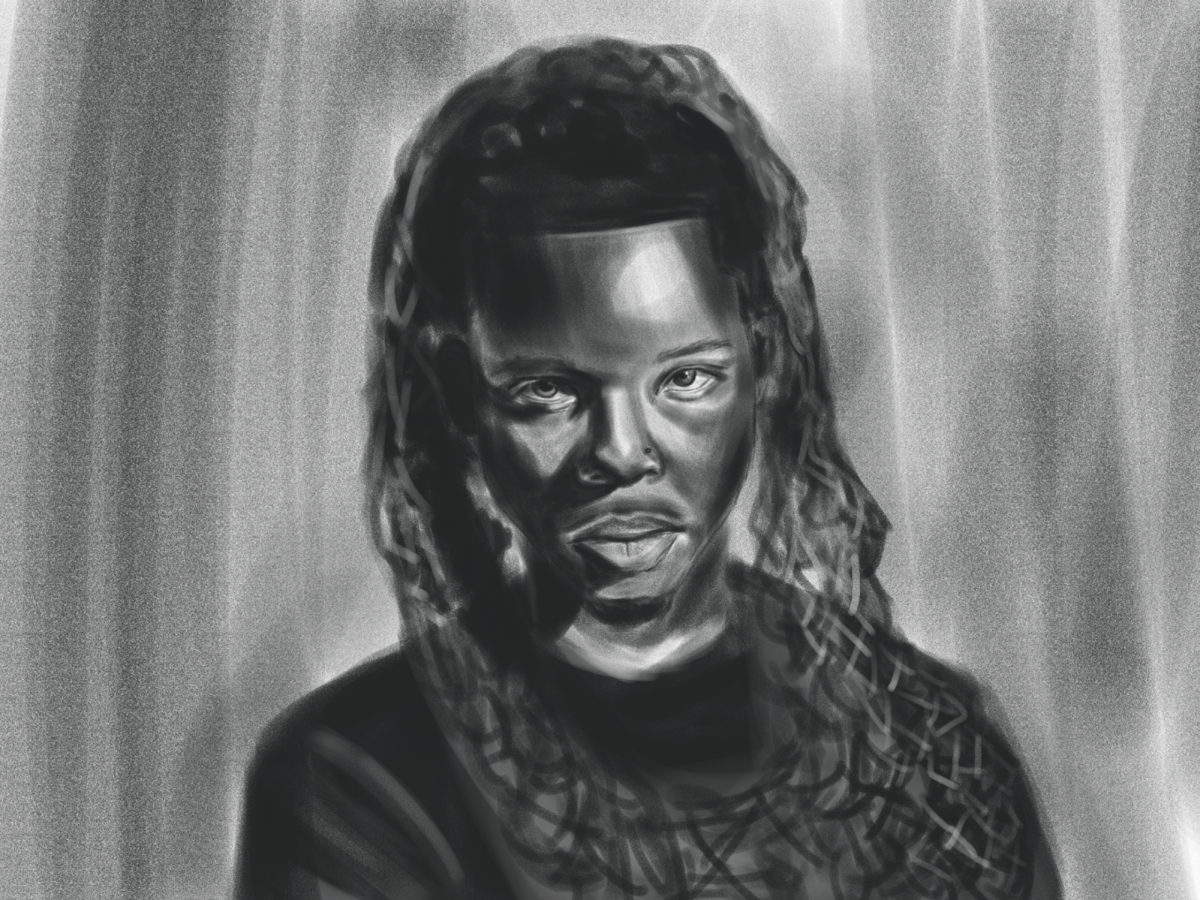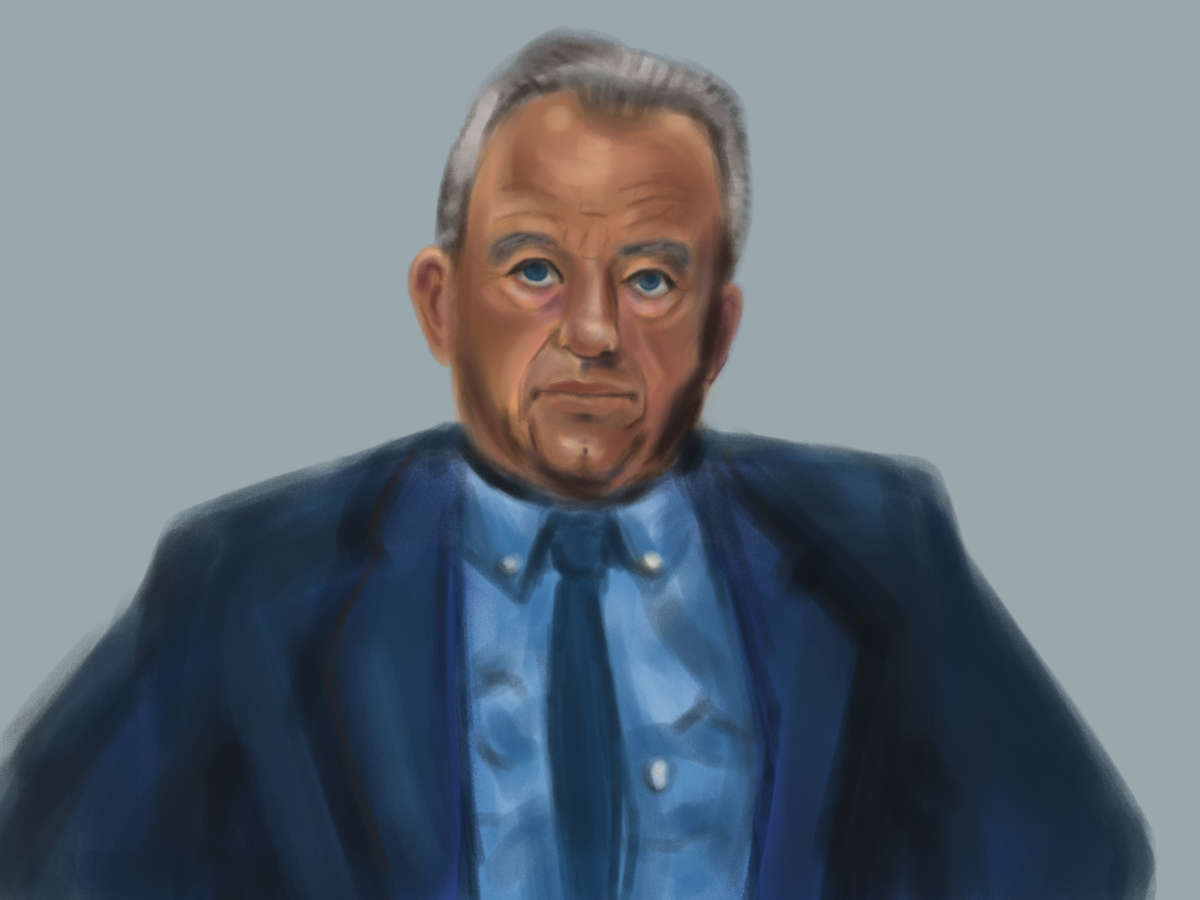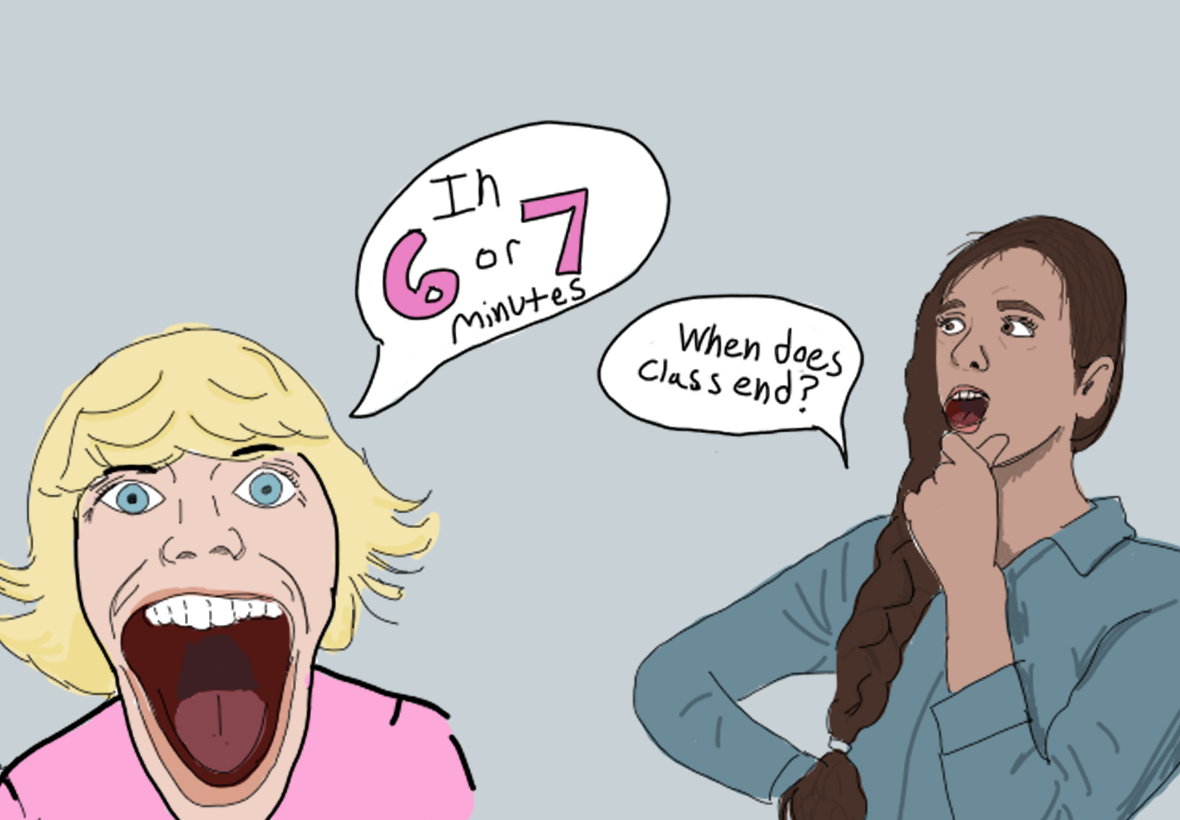A new “Grey’s Anatomy” season marked another milestone in the show’s enduring legacy as ABC’s longest-running primetime medical drama TV show. As the series continues to navigate the lives of those within Grey Sloan Memorial Hospital, it prompts reflection on its remarkable journey, and how it compares to much shorter shows on Netflix.
One of the key metrics often used to gauge a show’s success is viewership, and “Grey’s Anatomy” has seen its fair share of fluctuations in this regard. Since its premiere in 2005, the show has experienced both peaks and troughs in audience numbers. In its earlier seasons, the series enjoyed a surge in viewership, becoming a cultural phenomenon and garnering a viewer count of twenty-five million. However, as years progressed, there were inevitable declines in viewership, down to a whopping three million, which is a trend usually seen in long-running television shows. Despite these fluctuations, the show’s impact on popular culture cannot be denied.
“No one watches ‘Grey’s Anatomy’ anymore; it’s just kind of annoying now,” freshman Dominic Cyril said.
This remark is just one example of the plethora of remarks people have and continue to make about the show, which usually summarizes the show becoming “insufferable,” and a “Hate-Watch.”
“I used to watch ‘Grey’s Anatomy’ because I loved medicine, but I can’t stand it anymore. The show is unrealistic; it makes me wonder how unaware the script-writers are,” freshman Bea Navarro said.
One may wonder what the decision was to keep a show like “Grey’s Anatomy” running for this long, considering how the public has been perceiving it lately. This decision is multifaceted, but it hinges on the fact that “Grey’s Anatomy” is still making money. No matter how declining, this show has built a loyal fanbase that allows it to retain ratings acceptable enough to keep it going. The show’s unique blend of medical drama, complex character relationships and compelling storylines has been a key factor in its enduring popularity.
Loyalty that is allowing this show to continue is seen in many around the globe, including students at NHP Memorial.
“I love ‘Grey’s Anatomy,’” freshman Hedia Ninan said. “No matter how much people hate it now, I could never stop watching it. I think people just need to be able to connect to the storylines and characters, otherwise, they won’t be able to enjoy the show like I have.”
Moreover, many also believe that the show’s length contributes to its declining success.
“I’m really busy all the time, watching twenty-season shows and getting invested in dragged-out storylines just isn’t for me,” freshman Amy Jigon said. “But I enjoy a quick watch; it lets me have a more condensed viewing experience, so I never have to wait weeks or even years for new episodes. I can just immerse myself fully in a show’s universe. For me, the satisfaction of completing a series in its entirety is just so much better.”
While opinions at NHP differ on the merits of long-running series versus quick binges, one thing remains clear: the impact of “Grey’s Anatomy” on the television landscape is undeniable.

































